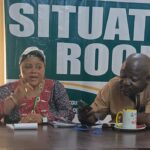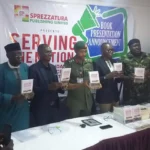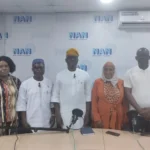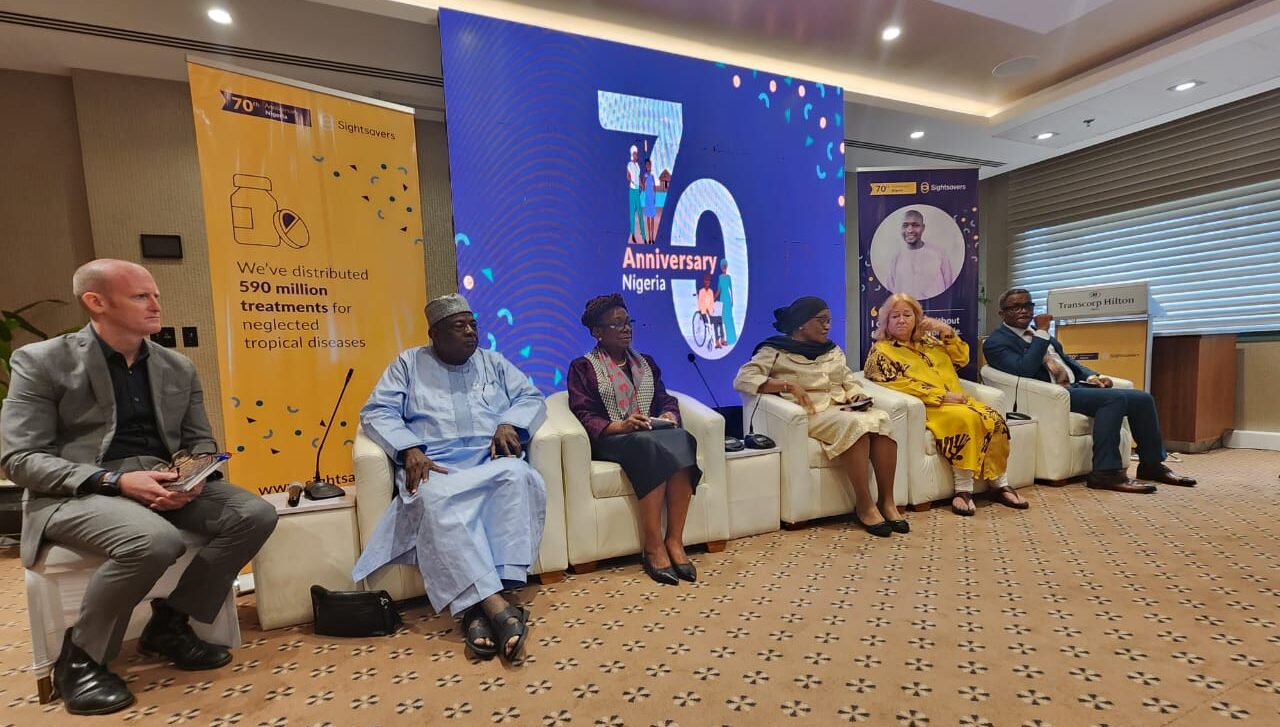From awareness to investments: Eliminating violence against women
An Analysis by Busayo Onijala, News Agency of Nigeria (NAN) From physical and sexual abuse, to emotional and economic control, women are subjected to a range of violent behaviours that can have long-lasting physical and psychological effects on them. Violence against women has been a pervasive global problem affectingContinue Reading




















